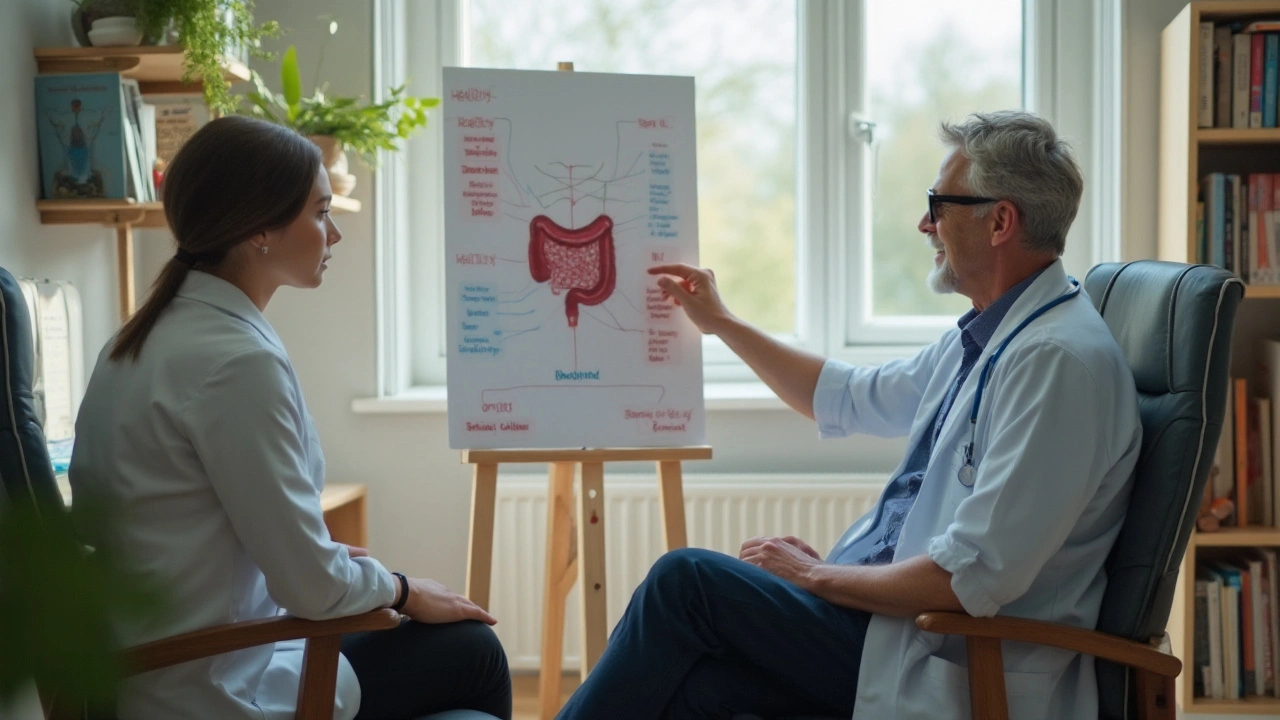Most people think staying healthy means avoiding the doctor. The smarter move is to stop problems before they start. Prevention doesn’t require miracles — just a few reliable habits that cut your risk for infections, chronic disease, and costly treatments.
Wash your hands the right way: 20 seconds with soap, especially after public places, before eating, and after coughing. Sounds basic, but proper hand hygiene lowers a lot of infections. Use alcohol hand rub when soap isn’t available.
Sleep, move, and eat like someone who wants long-term health. Aim for 7–9 hours of sleep, 150 minutes of moderate activity per week, and more vegetables than processed foods. Small, consistent moves beat dramatic but short-lived diets.
Quit smoking and limit heavy drinking. Both raise the risk for cancer, heart disease, and infections. If quitting feels impossible, try one change at a time: cut daily cigarettes, use nicotine patches, or talk to a doctor about prescription supports.
Keep your vaccines up to date. Flu shots, COVID boosters, and other routine vaccines are simple, proven ways to avoid serious illness. Vaccination protects you and the people around you who may be more vulnerable.
Don’t treat prevention like guesswork. Get recommended screenings — blood pressure, cholesterol, diabetes checks, and cancer screenings based on your age and risk. Early detection saves lives and often reduces treatment complexity.
Be careful with online pharmacies and buying meds. Only use reputable sites, check for a valid pharmacy license, and don’t skip a doctor’s advice. Our guides walk through how to buy safely and spot scams if you need prescription refills online.
If you’re managing a chronic condition like diabetes or high blood pressure, small daily choices matter. Take medicines on schedule, track numbers (like glucose or blood pressure), and keep regular follow-ups. Adjusting meds early prevents complications later.
Protect your mental health. Stress and depression weaken your immune system and make healthy habits harder. Try simple tools first: structured sleep, short daily walks, and social check-ins. If needed, ask a professional — therapy and meds can prevent worsening problems.
When things change, act fast. New symptoms, sudden weight loss, persistent cough, or chest pain are reasons to get checked now, not later. Early care often means simpler, faster recovery.
Prevention is less about perfect rules and more about steady choices. Pick two concrete things to improve this week — a vaccine you’re due for, a quit-smoking plan, or scheduling a screening — and build from there. Small steps add up to big protection over time.

Individuals with ulcerative colitis face a significantly higher risk of developing colon cancer, making it crucial to understand the link between these conditions. Both diseases impact the colon, but ulcerative colitis results in chronic inflammation, which over time can lead to the formation of cancerous growths. The article explores the biological relationship between these conditions, symptoms to watch for, and strategies to reduce cancer risk. It's essential for patients to have regular screenings and adopt a lifestyle that supports gut health.